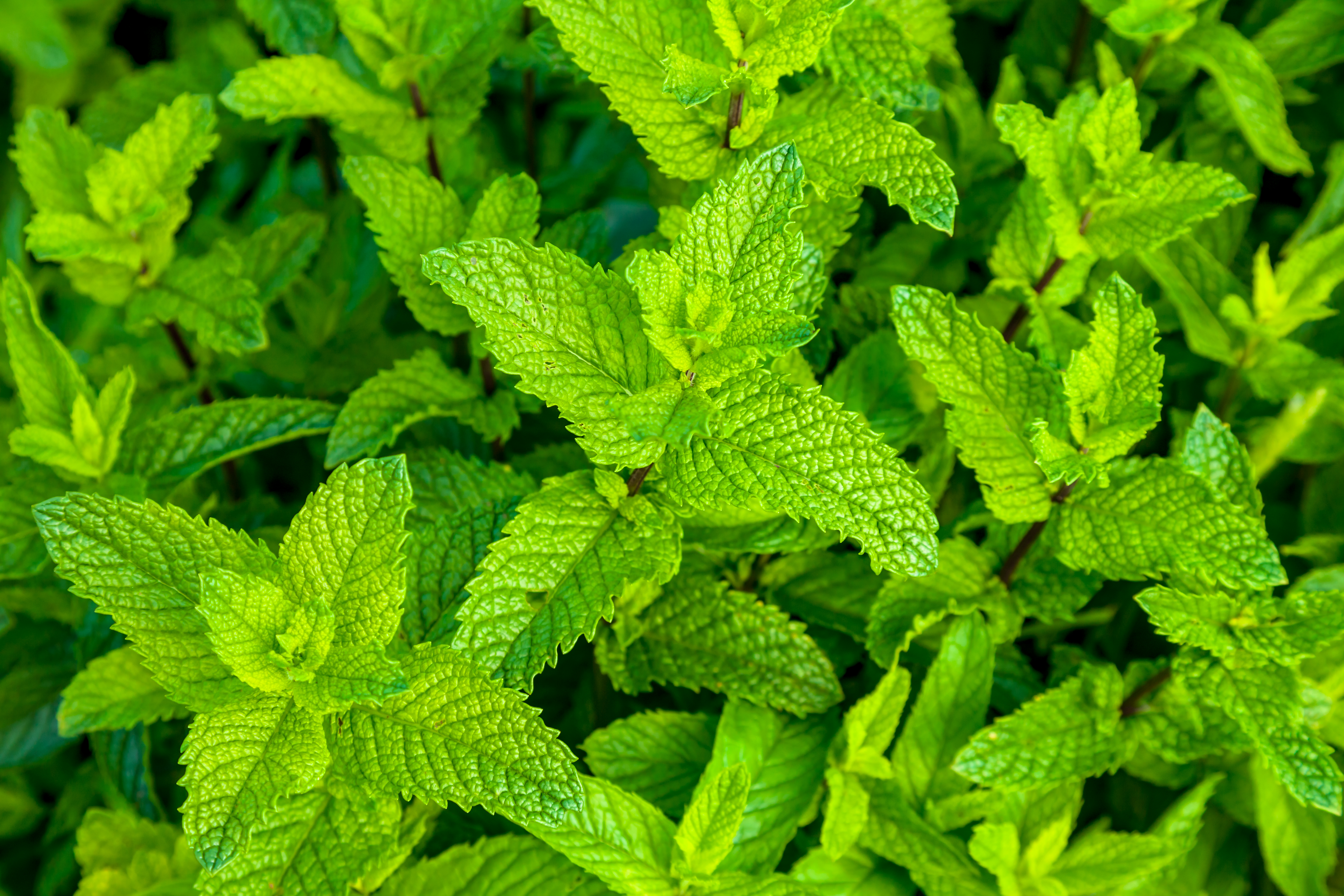Common Foods That Could Be Worsening Your Acid Reflux
5. Garlic and Onions: Flavorful Culprits in Disguise

Garlic and onions, staples in many culinary traditions, are renowned for their ability to enhance flavors. However, they are also notorious for triggering acid reflux in some individuals. Their high sulfur content can relax the lower esophageal sphincter, allowing stomach acid to flow back into the esophagus. Additionally, these ingredients can cause bloating and gas, further aggravating digestive discomfort. Despite these challenges, garlic and onions offer numerous health benefits, including antibacterial properties and potential cardiovascular support. The task is to enjoy their flavor without compromising digestive comfort.
6. Peppermint: A Double-Edged Sword for Digestion

Peppermint, often associated with soothing digestive discomfort, can paradoxically trigger acid reflux in some individuals. While peppermint is known for its ability to relax the gastrointestinal muscles and alleviate symptoms like bloating and gas, it can also relax the lower esophageal sphincter, allowing stomach acid to escape into the esophagus. This dual effect makes peppermint a double-edged sword for those with acid reflux. Despite this, peppermint offers potential benefits, including its calming effects and ability to freshen breath. The challenge is to harness its benefits without exacerbating acid reflux symptoms.
